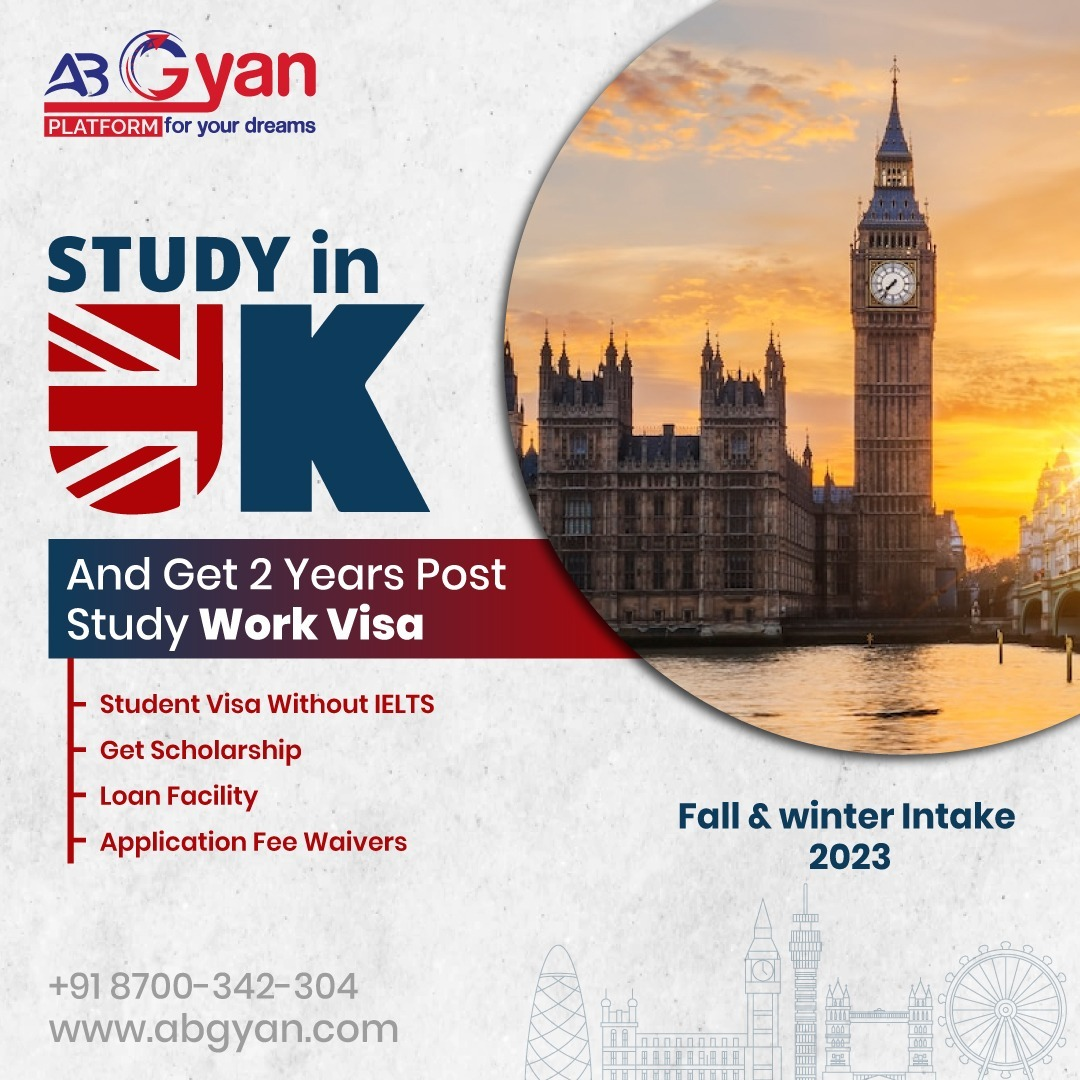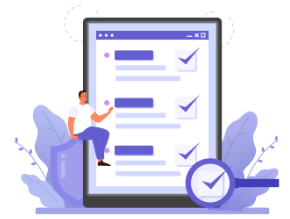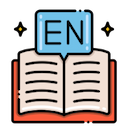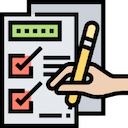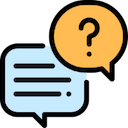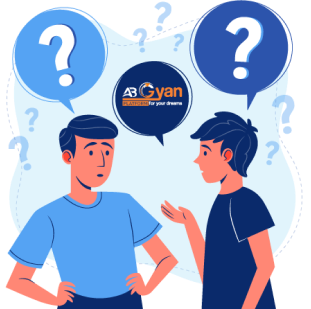TOEFL Listening test consists of 40 questions. The students have to decode these questions and answer them in 60 minutes. No extra time is allotted to students for transferring their answers to the answer script.
In the Academic IELTS test, students get three reading passages and they are quite lengthy. On the other hand, in the General IELTS test, there are four reading passages that are very short and easy.
Different types of questions are asked in the reading test of the IELTS exam such as:
- True or false questions
- Completion type questions
- Matching type questions
- Multiple-choice questions
True/False
These are types of questions in which students have to mark the statement as true/false or not given. The trick to handling these questions is that if you have lots of synonyms in the reading passage that are related to your statement then you must mark the statement as true.
Completion Type
To tackle completion-type questions students must focus on finding the missing part or piece of the puzzle. However, make you keep in mind the word limit while answering these questions. There are mainly seven sub-categories of this category:
- Fillups: To answer these types of questions students have to find the right words for filling in the blanks. The key trick to answering these questions is understanding the statement and locating its synonyms in the passage.
- Summary Completion: This question type requires students to complete the summary of a paragraph in the passage. The summary completion question is from one or two paragraphs. You don't have to write a summary of the complete passage. Once you find the first sentence of the para answering the question becomes a kid’s play.
- Diagram Completion: These are the types of questions in which students have to complete a pictorial representation. To tackle this question, study the passage carefully and examine the terminology of the diagram.
- Flow chart: These questions are very easy to answer. This is mainly because step-by-step instructions are given to students in the passage. All you have to do is just find the first step of the flow chart in the passage and you can complete the flow chart easily.
- Table completion: In a table-type question students need to fill in the missing content of the table by reading the passage.
Matching Type
Matching-type questions consist of two sets of data/information and students have to match them by referring to the passage. There are mainly three sub-categories of this category:
- Matching Headings to Paragraphs: These questions require the student to select a heading from the list of headings and place it near the related paragraph.
- Matching paragraph information: These questions require students to select a question from the list of questions and match it with a paragraph that contains similar information.
- Matching the sentence endings: These questions require students to select a question from the list of questions and match it with a paragraph that contains similar information.
Multiple-Choice Questions
These are the questions that come with 3 or 4 options. The students must select the right option that answers the question after going through the passage. These questions are usually very easy to answer. But make sure carefully go through the passage so you don’t end up selecting the wrong answer.
Handholding by an expert trainer
During the IELTS sessions for the reading test, you will learn about the reading test in detail. Moreover, you will become familiar with tips for cracking different types of questing in the exam. At the beginning of training, students will be taught about different questions in the reading test. After the initial phase, students will have to practice cracking different types of questions in the reading test. Regular mock tests will also be conducted to check the progress of students.
Curriculum of the Sessions
Starting with the sessions…
Session 1 – 4
- Explanation and practice of true/false or not given type questions.
- Mock test
Session 5 – 6
- Describing and practising short-answer-type questions
Session 7 – 10
- Explanation & practice of matching the headings type questions
Session 11 – 13
- Describing & practising matching the sentence endings type questions and matching the information with the paragraph type questions.
- The mock test of matching-type questions
Session 14 – 18
- Discussing & practising completion-type questions
- mock test
Session 19 – 23
- Explanation & Practice of Multiple-choice questions.
After the completion of the sessions, you will be having one reading mock test as per the standards of the actual IELTS exam. This test will be for 1 hour and with a timer.

